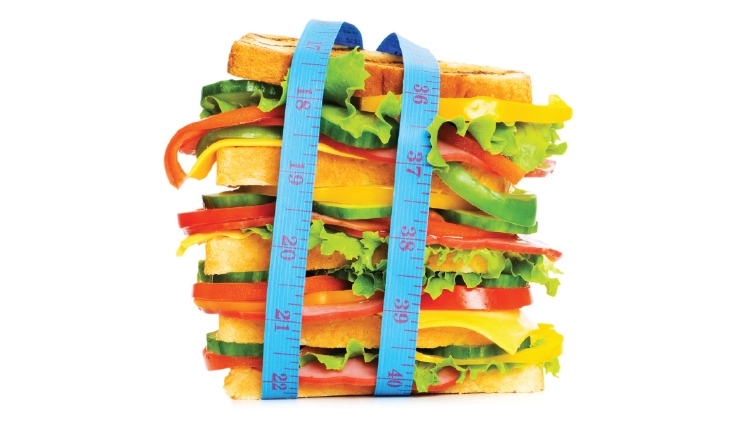Should You Cut Carbs in Menopause? Let’s Talk.
Short answer? Probably not.
Carbs often get a bad rap in menopause. But the truth is your brain and body still need them… maybe more than ever!
During perimenopause and menopause, hormonal changes (particularly the drop in estrogen) can affect how your body processes and stores carbohydrates. This can lead to increased insulin resistance, changes in appetite and shifts in body composition. As a result, many women feel pressured to cut carbs drastically in hopes of managing weight, energy or mood swings.
But let’s be clear: carbohydrates are not the enemy! In fact, they’re your body’s preferred energy source and play a vital role in keeping things running smoothly. They help fuel your brain, support workouts and daily activity, and are essential for producing serotonin, the “feel-good” neurotransmitter that also helps regulate mood, sleep and appetite.
The key is quality and portioning, not restriction.
Rather than cutting carbs completely, focus on upgrading your carb choices and pairing them well:
- Choose high-fibre, slow-digesting carbs like oats, lentils, quinoa, chickpeas, barley and sweet potatoes. These provide lasting energy and help keep you full and satisfied.
- Include fruits and vegetables, especially those rich in fibre and antioxidants, like berries, apples, leafy greens and squash.
- Pair carbs with protein and healthy fats. For example, whole grain toast with avocado and eggs, or roasted sweet potato with salmon and steamed greens. This helps slow digestion, stabilize blood sugar and reduce energy crashes.
- Pay attention to portion sizes and how your body feels afterward. Tracking how different meals affect your energy, hunger and cravings can be more helpful than cutting out whole food groups.
What happens if you cut carbs too much? You might experience fatigue, brain fog, irritability, poor sleep, digestive issues and even muscle loss over time… especially if you’re also active or trying to build strength. These symptoms can easily be mistaken for menopause symptoms when they’re actually signs of under-fueling.
Bottom line: Carbs can absolutely be part of a weight-loss, hormone-supportive or energy-boosting plan during menopause. In fact, when chosen well, they support a balanced metabolism, better moods and sustainable habits.
So instead of ditching them, get strategic with them. Your body and your mind will thank you.
Jenn Giurgevich is the founder of Spark Nutrition & Health, a virtual nutrition consulting business.
Visit www.sparknutritionandhealth.ca for more information.















